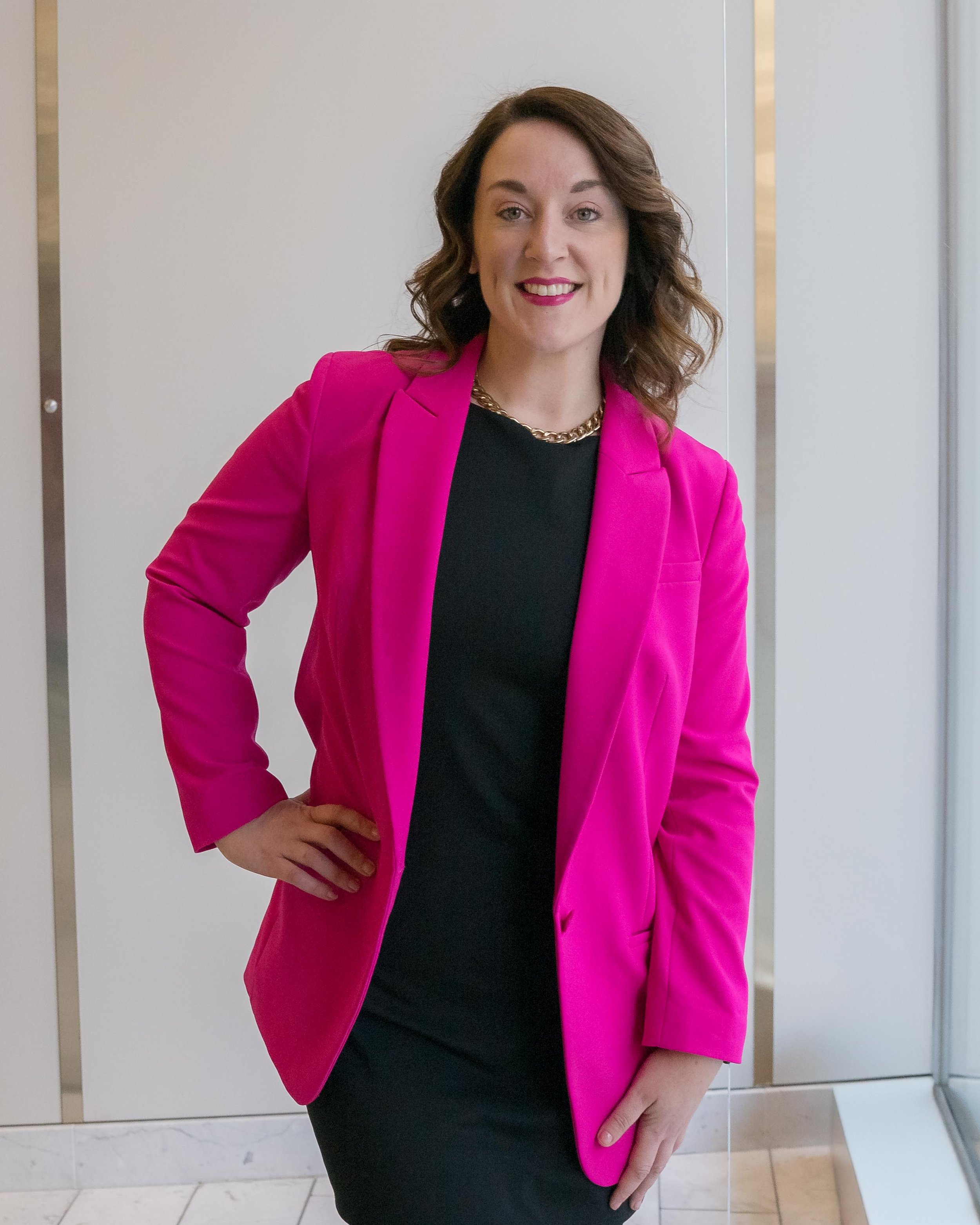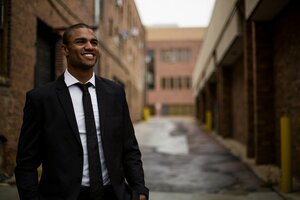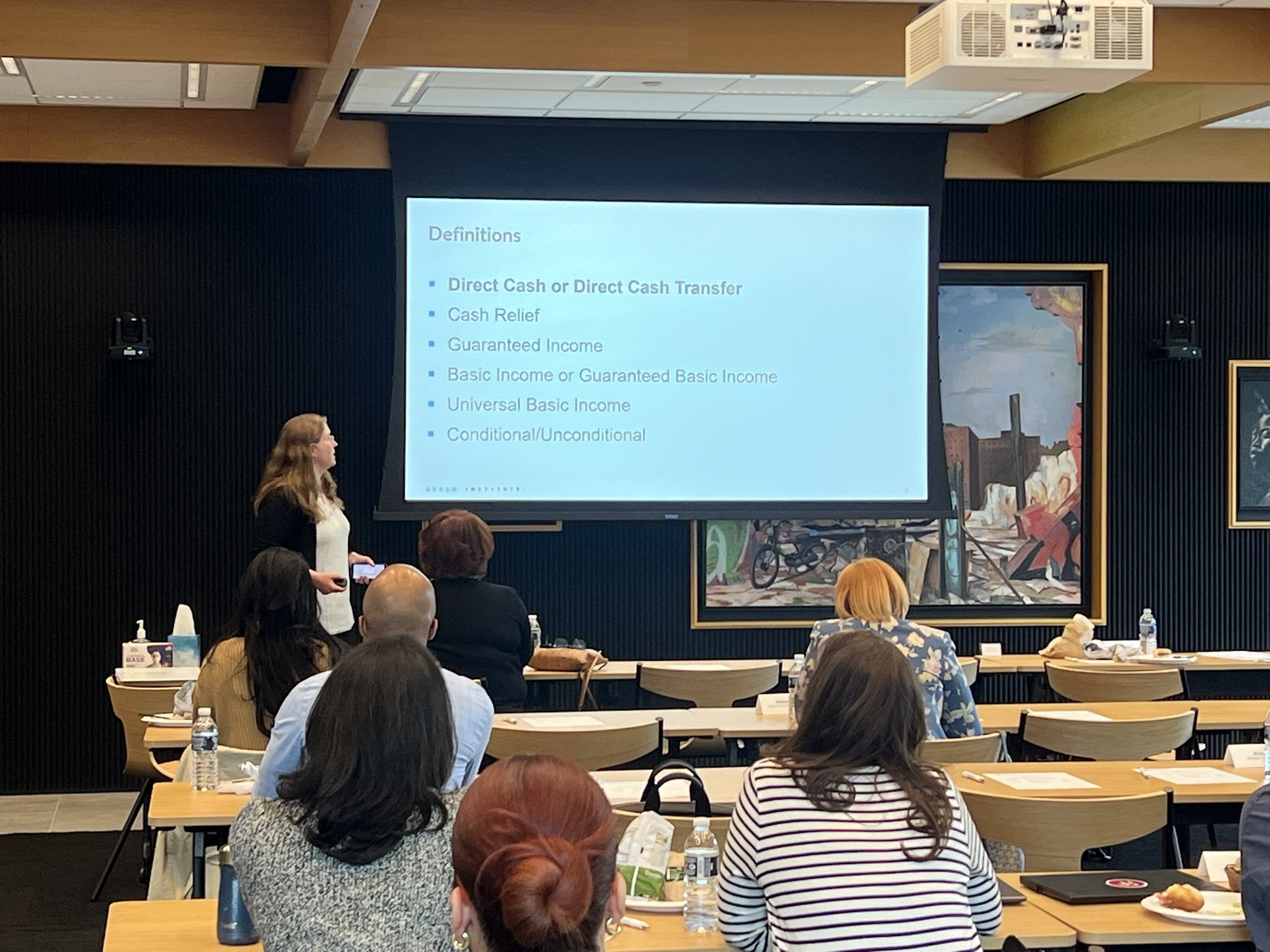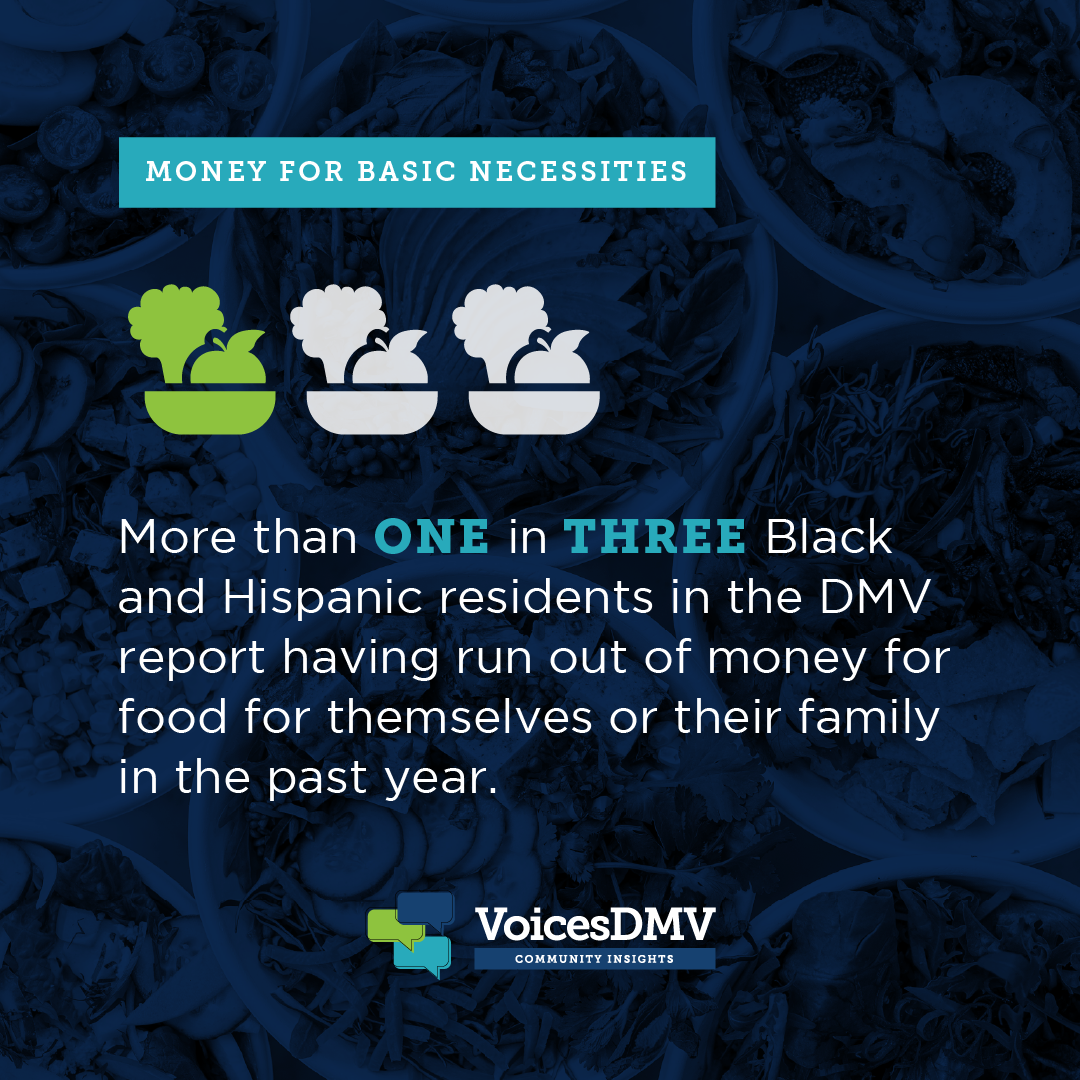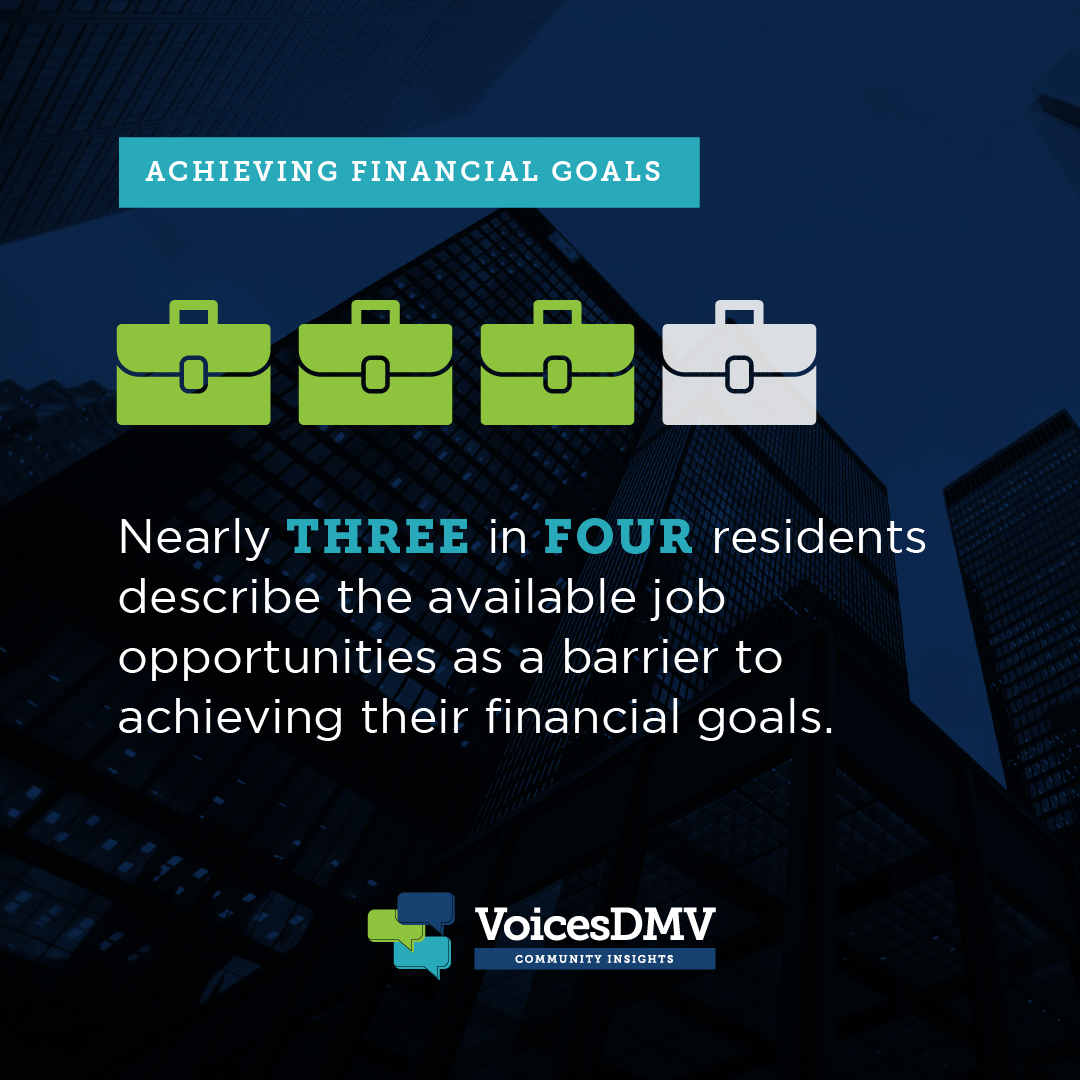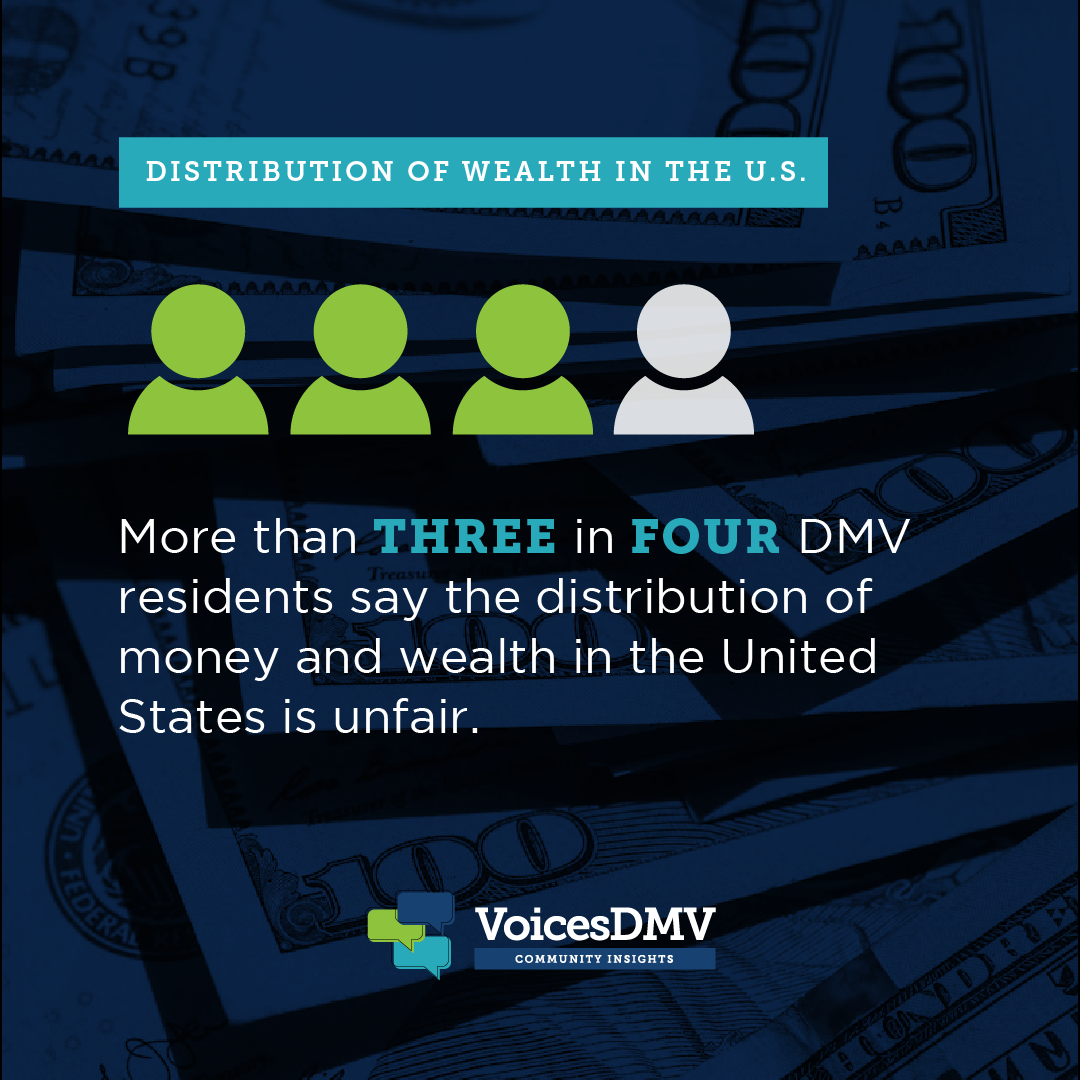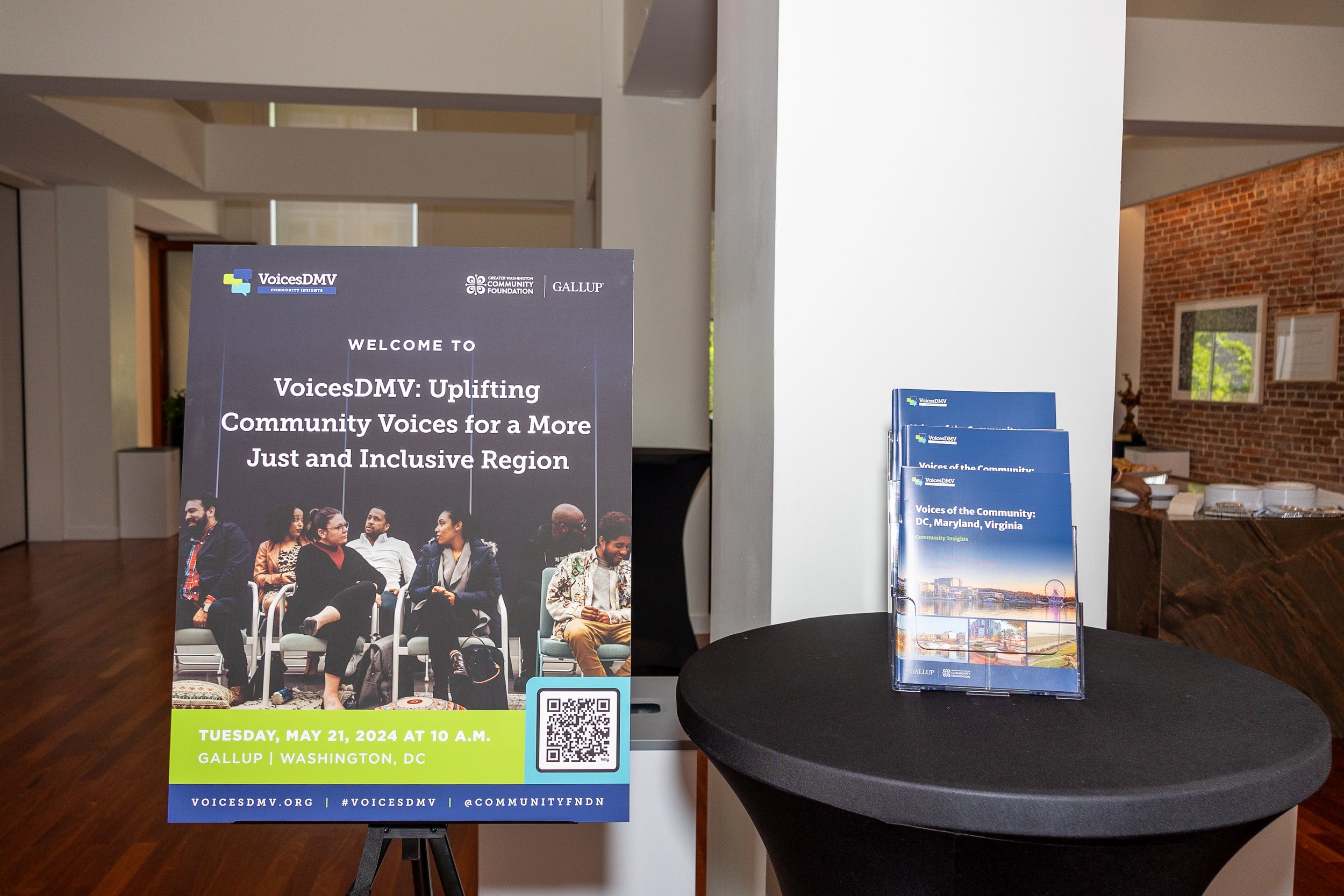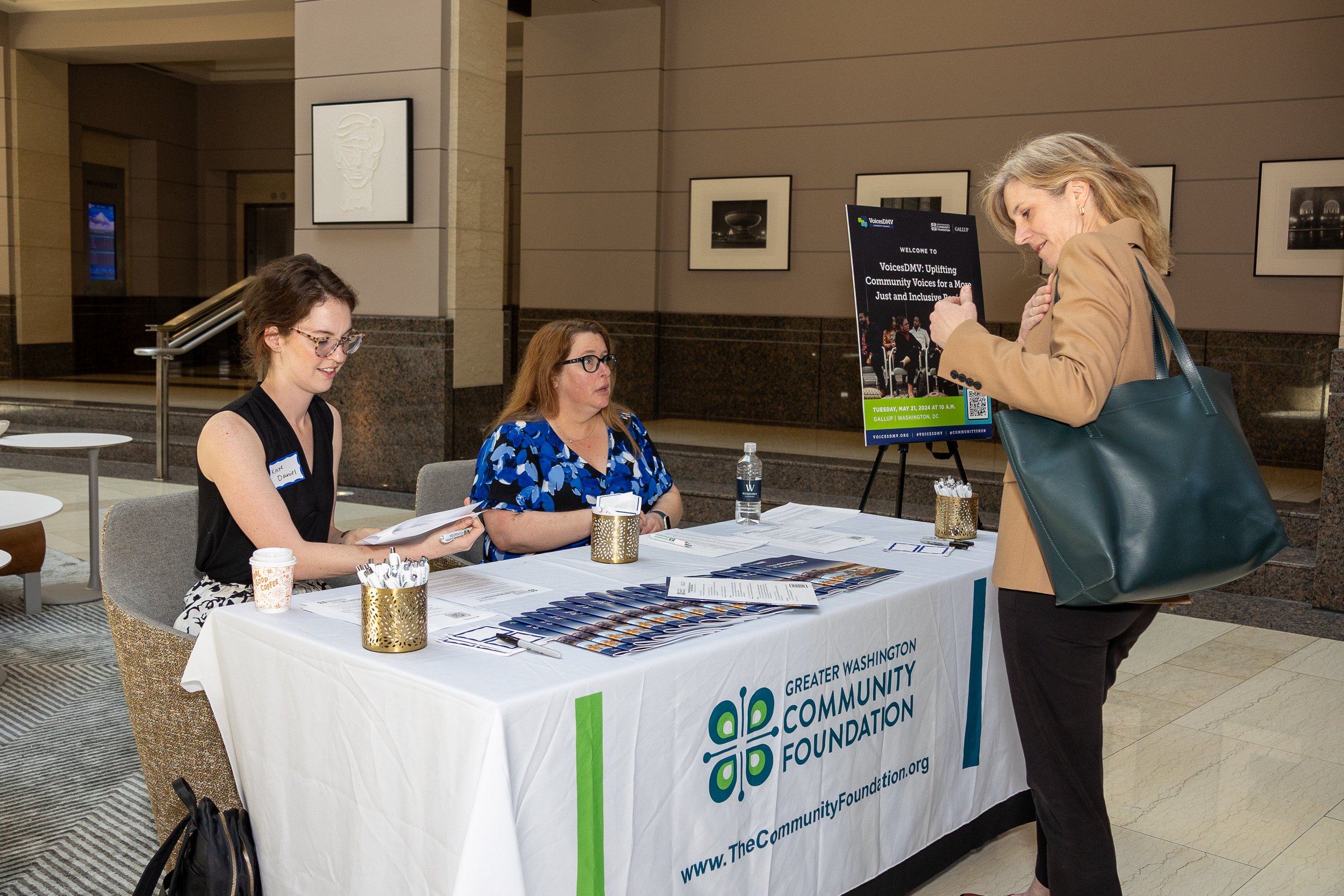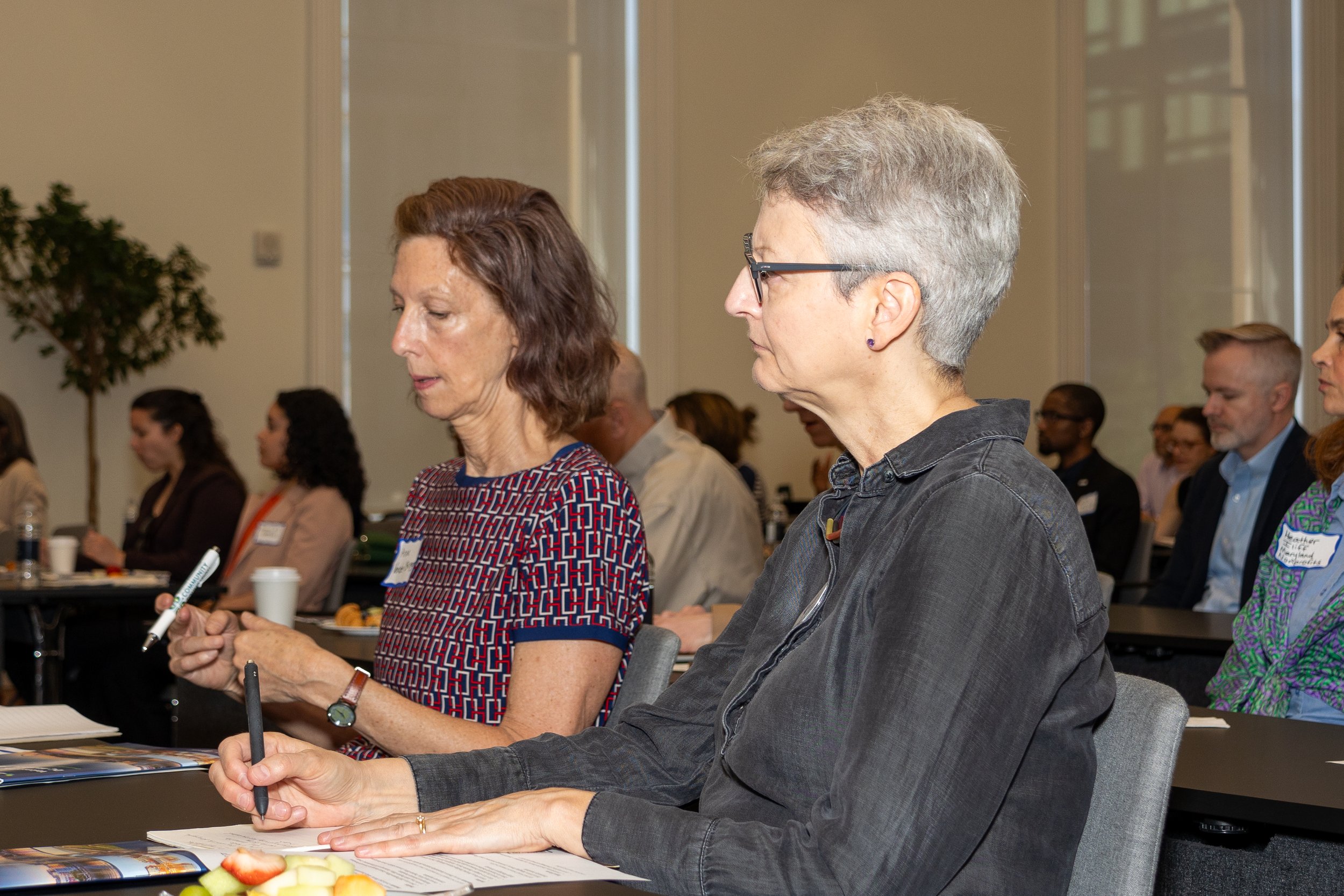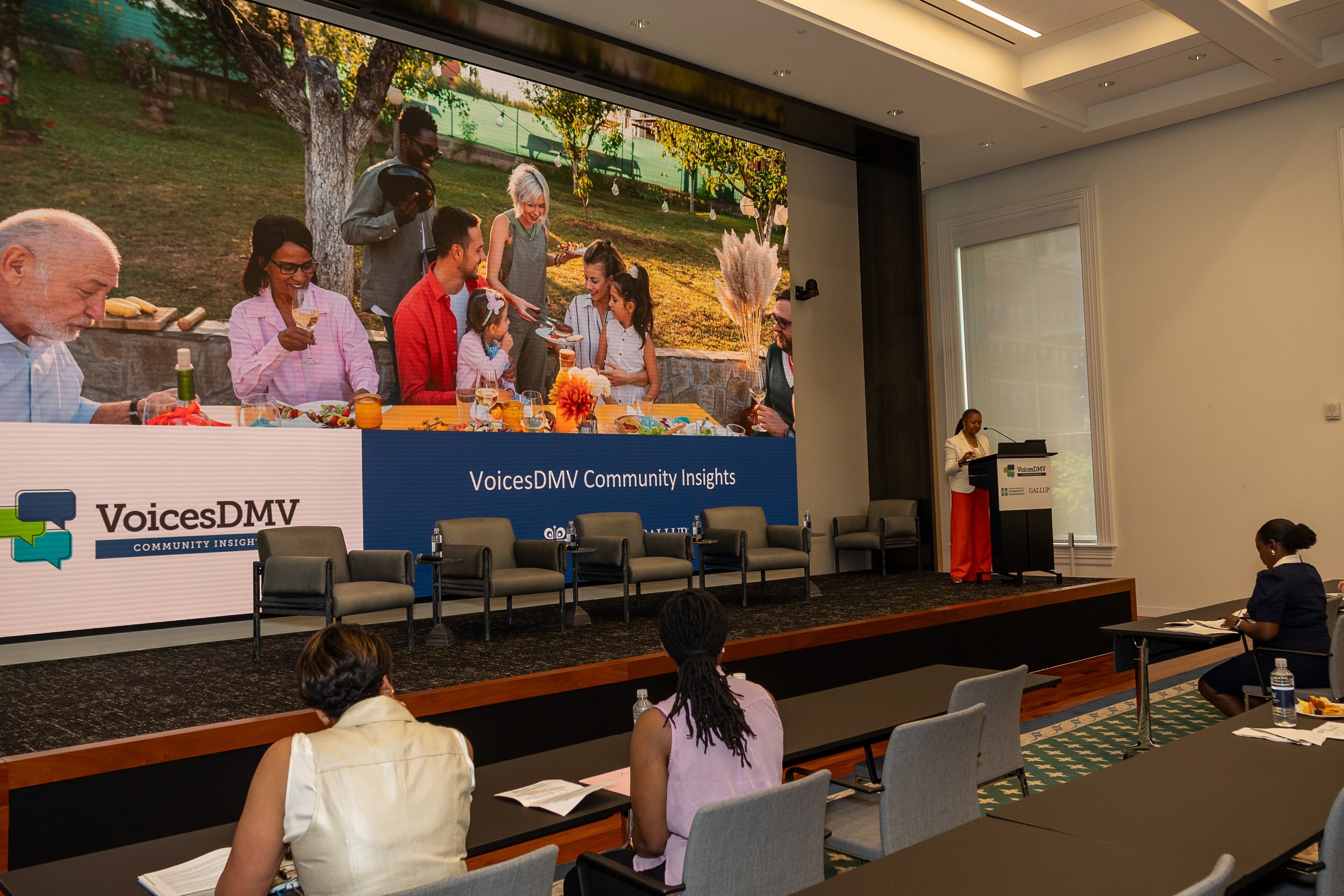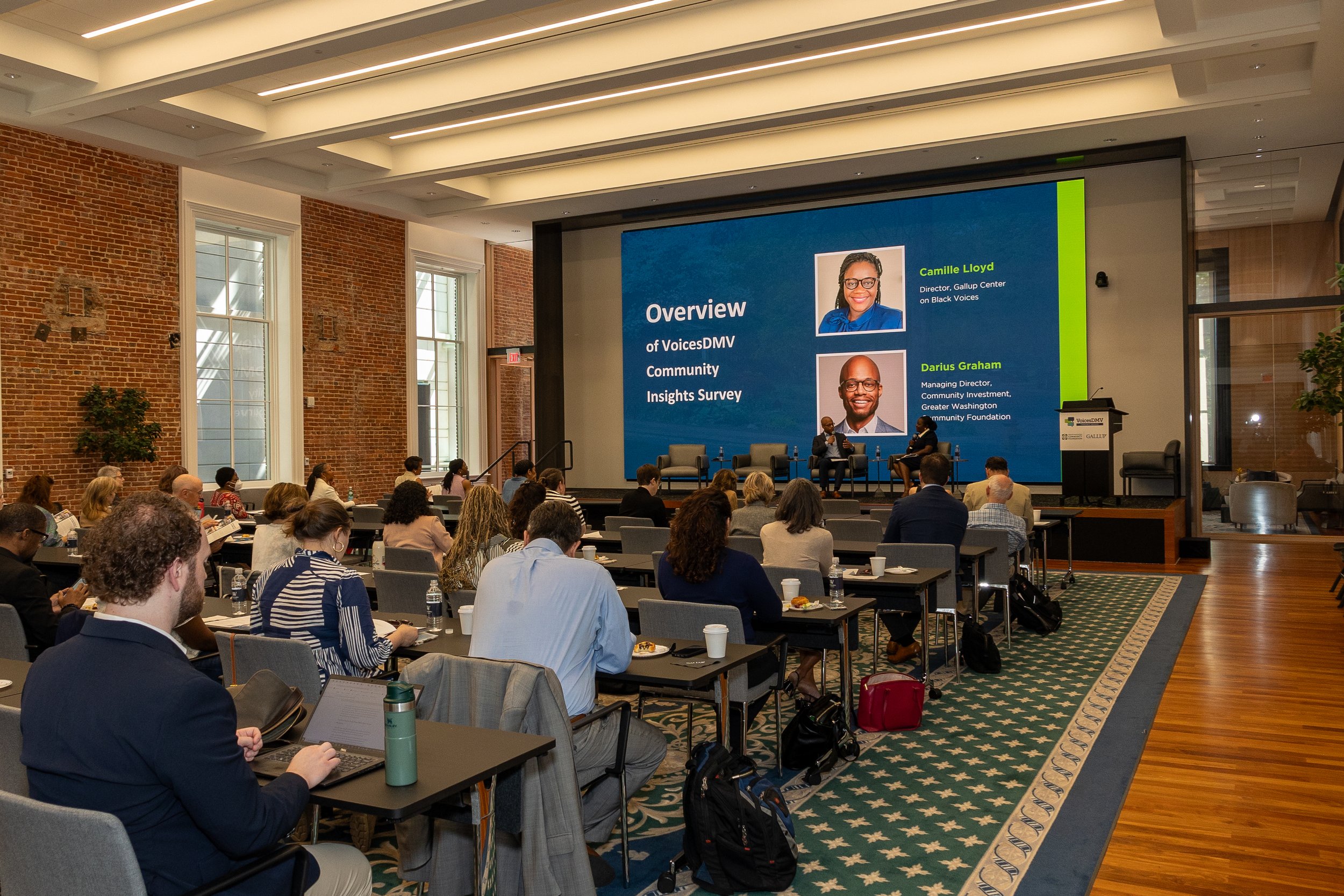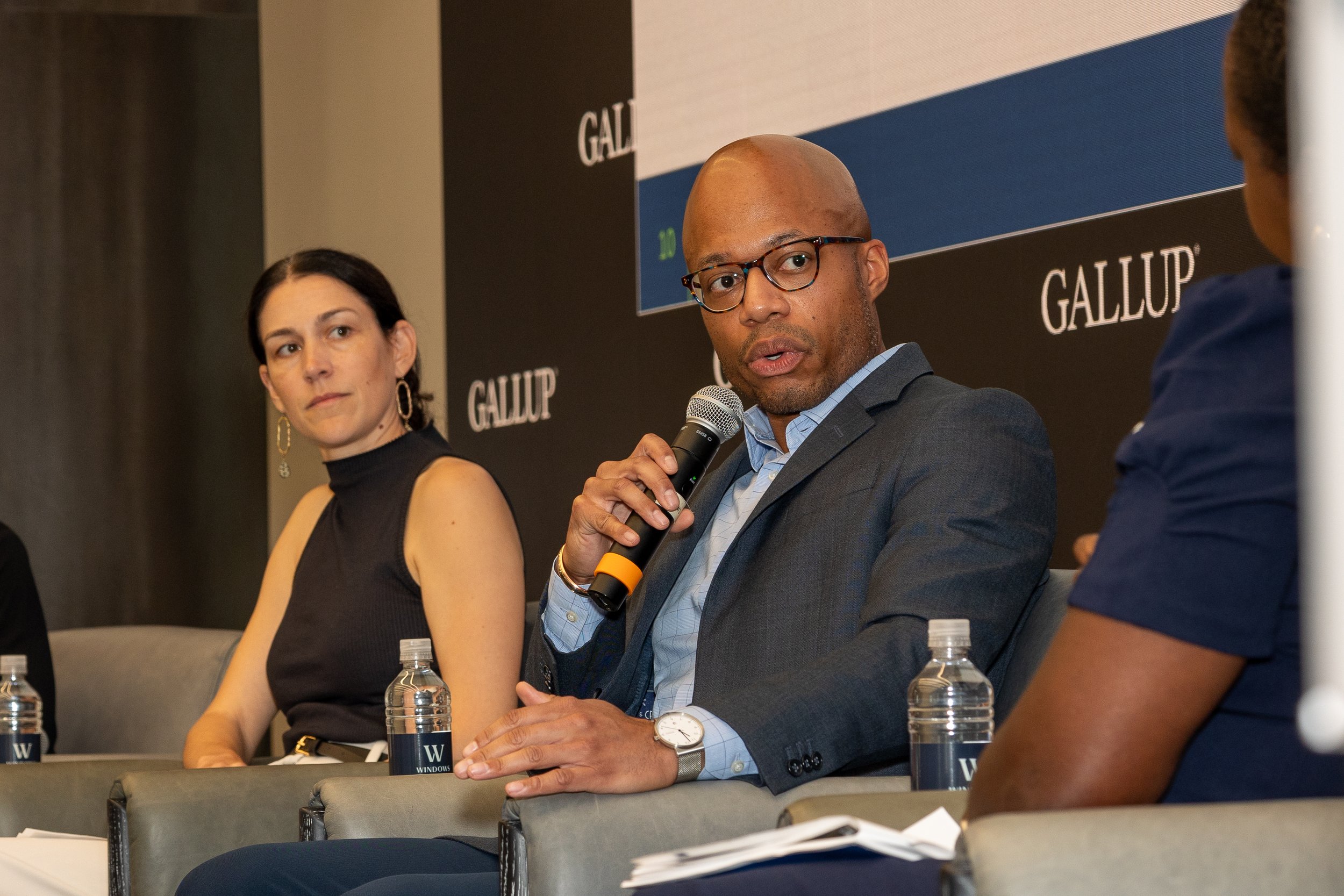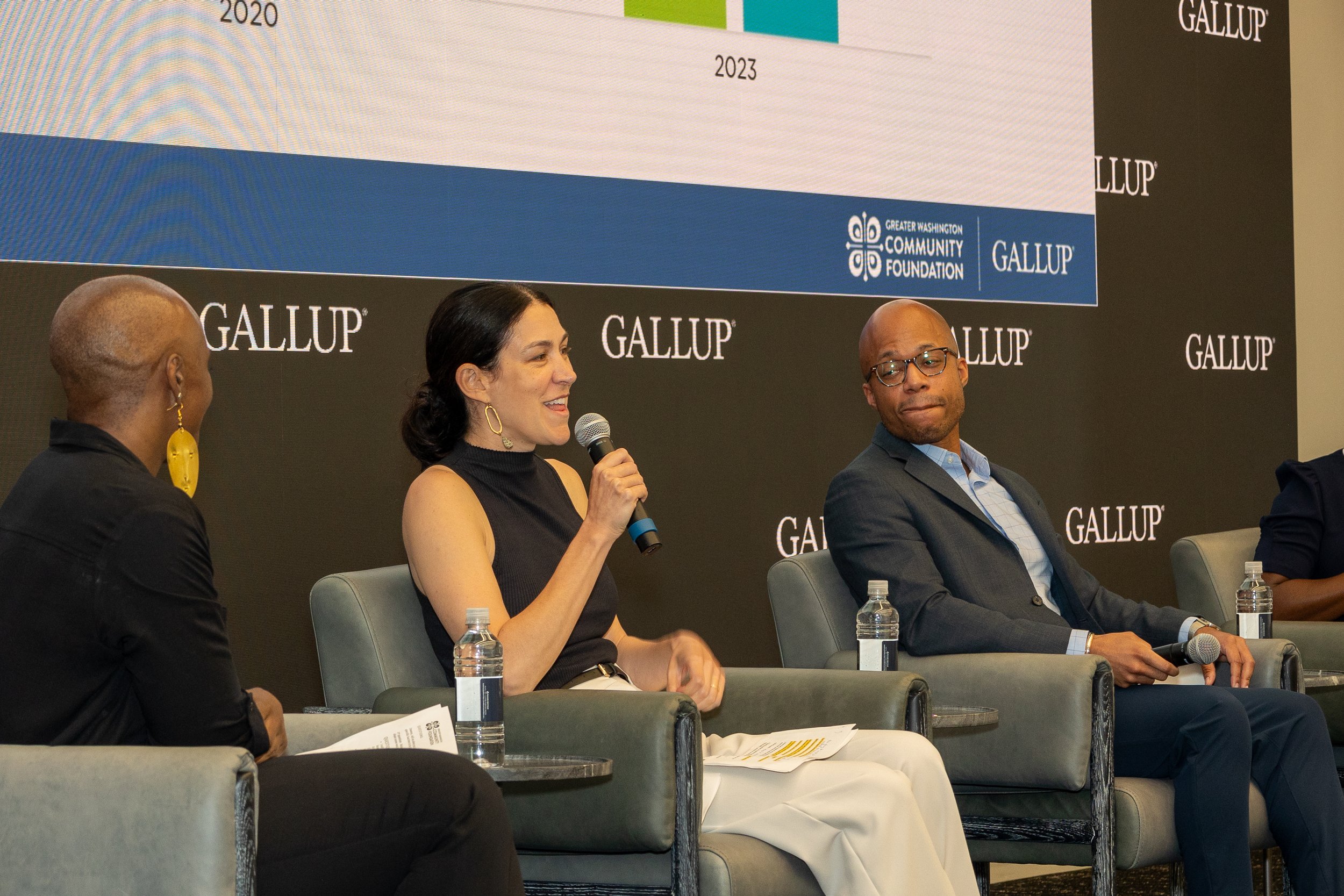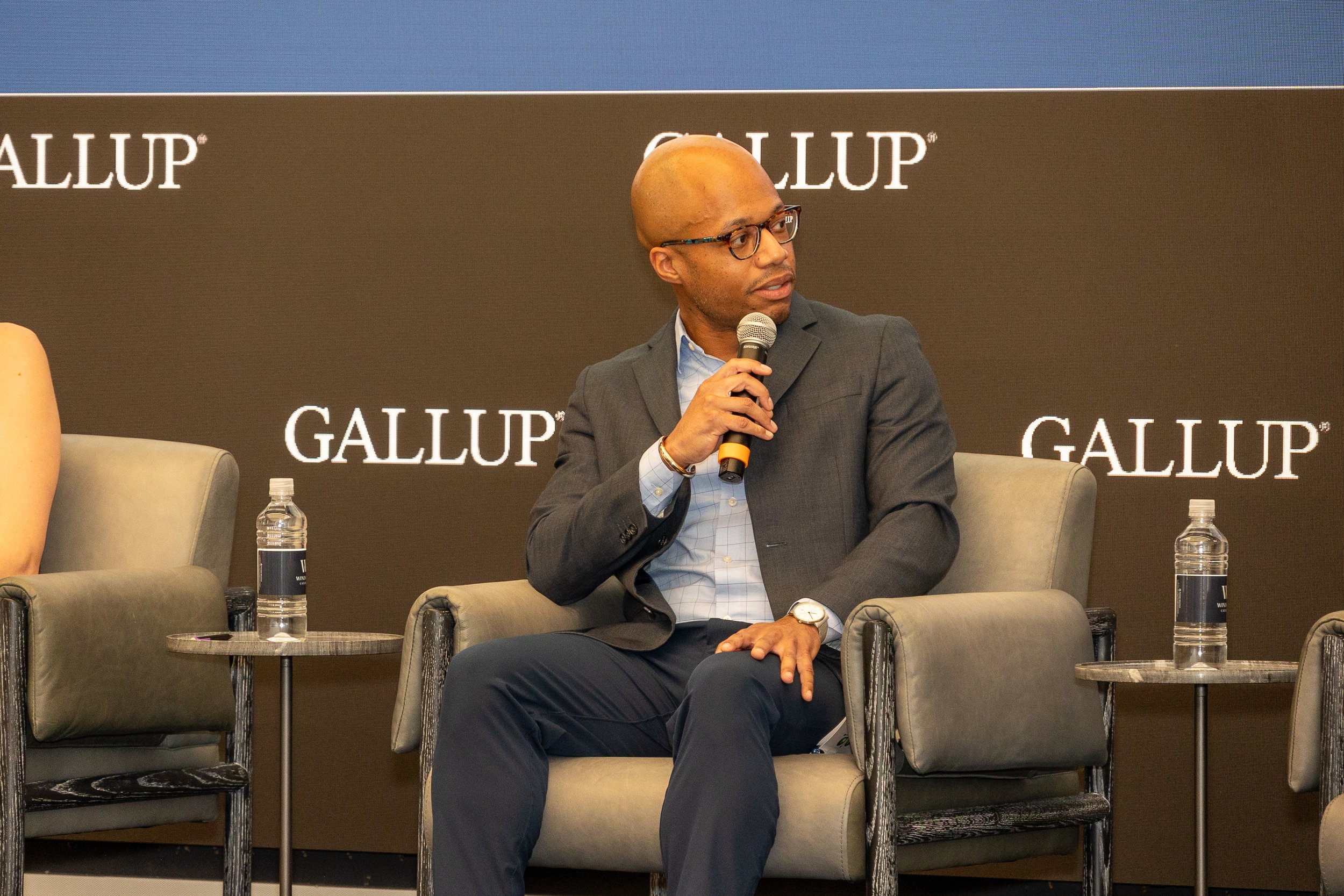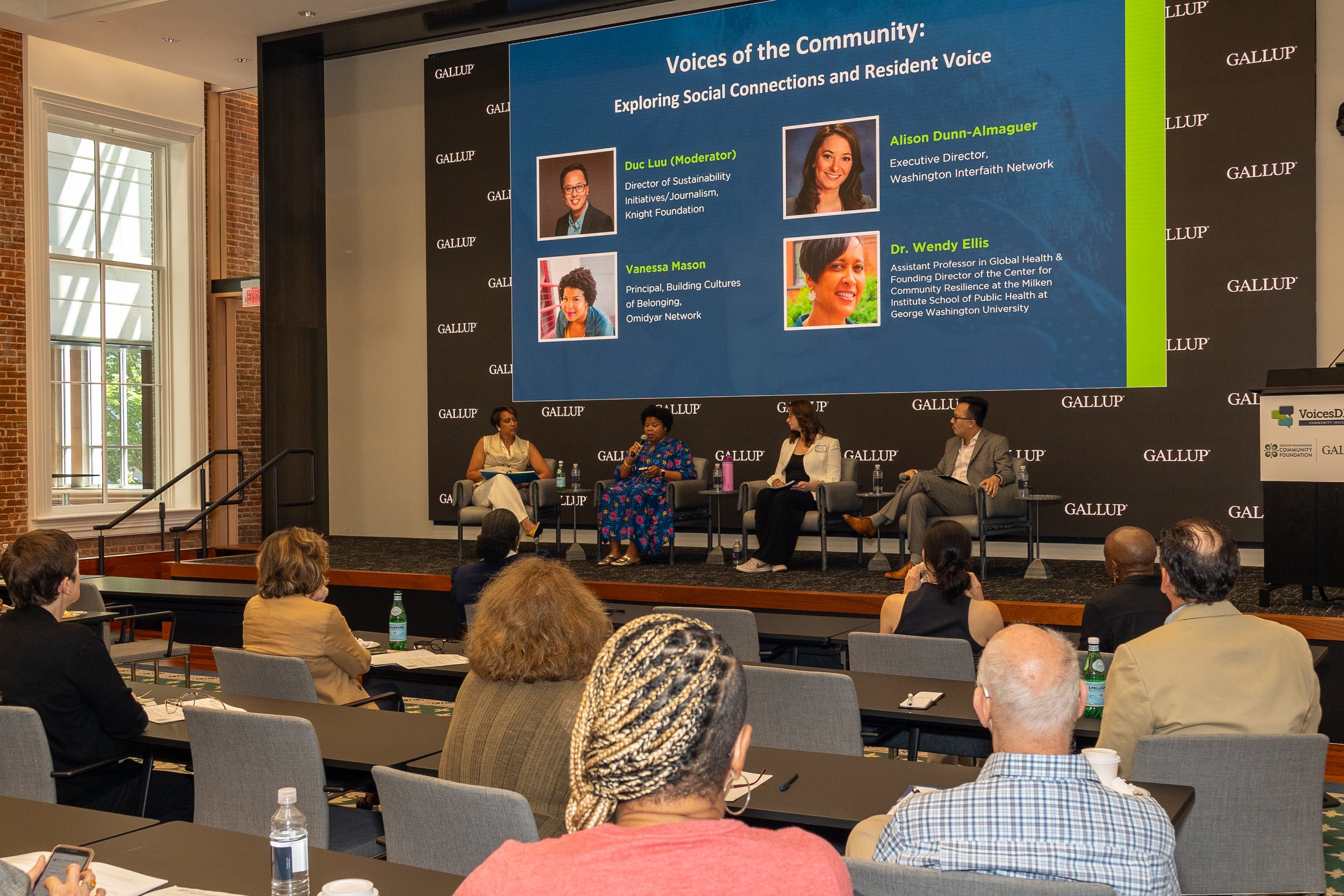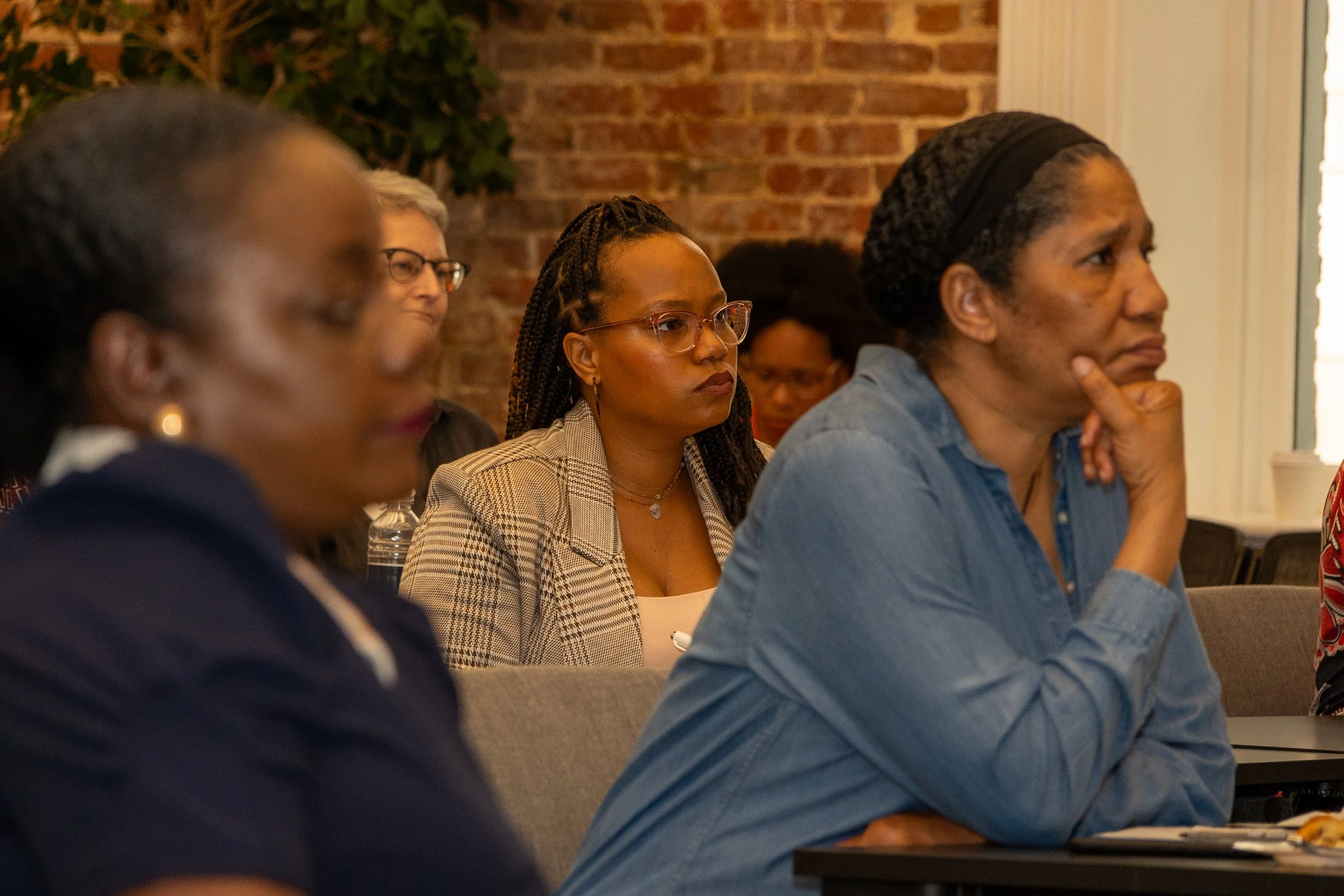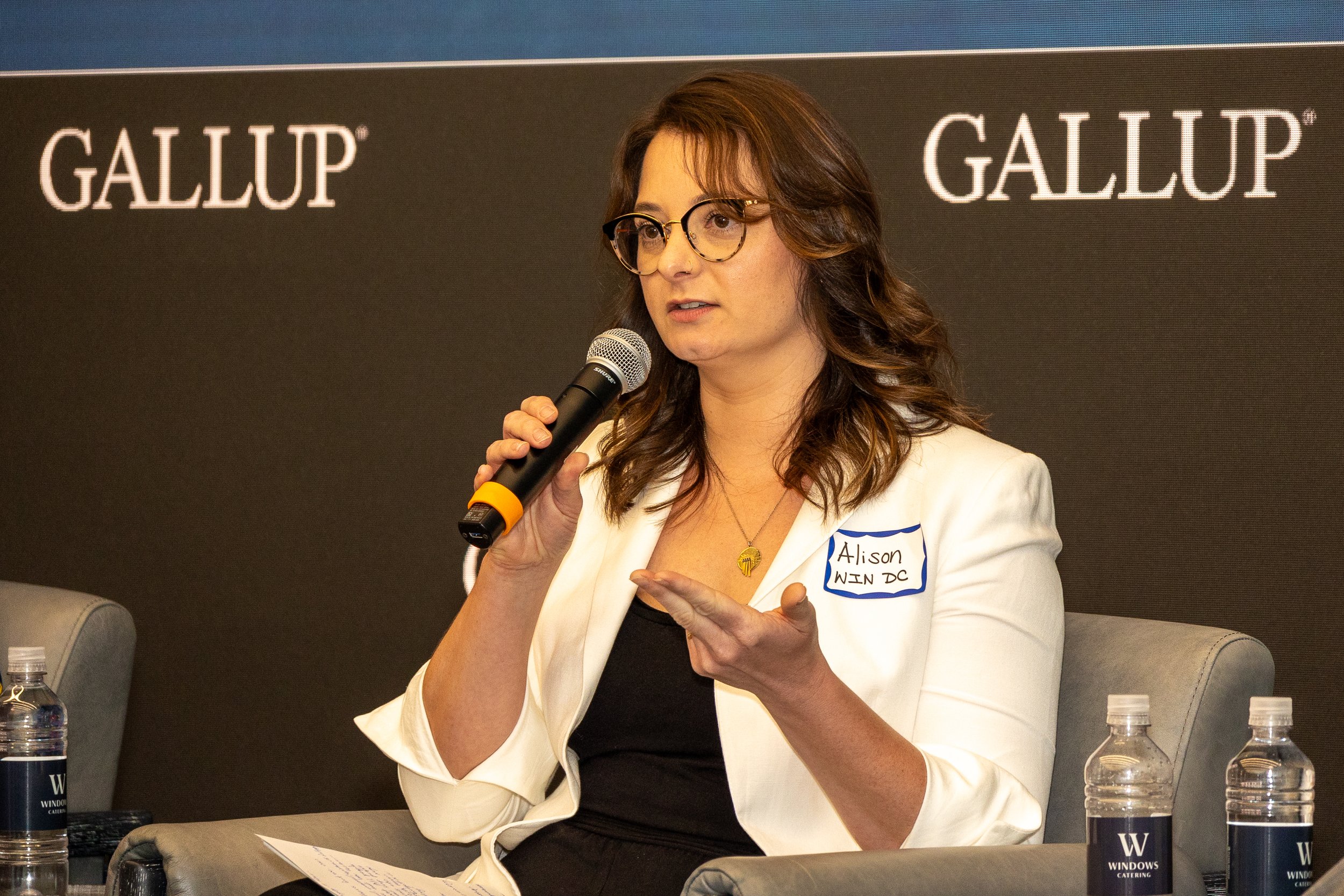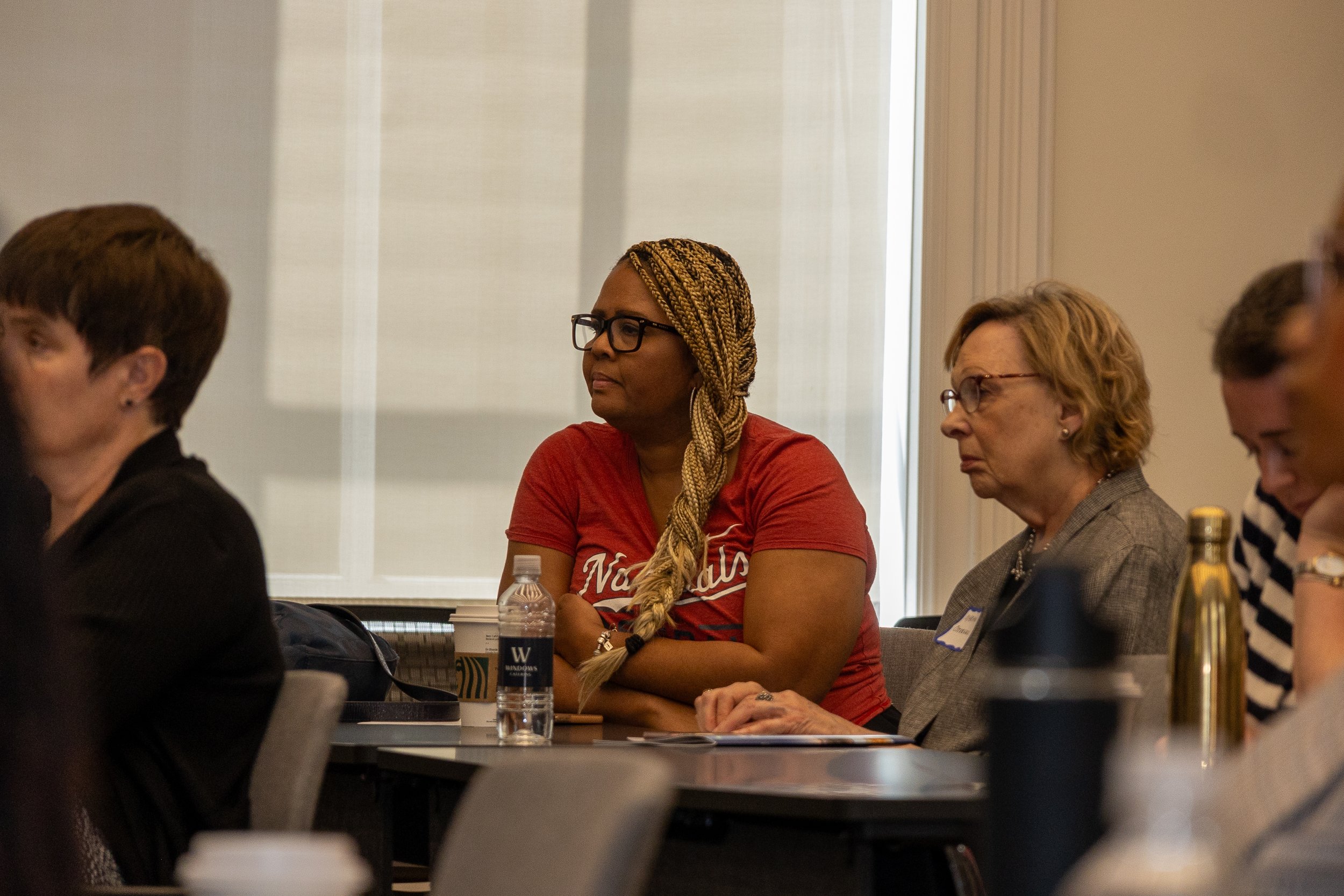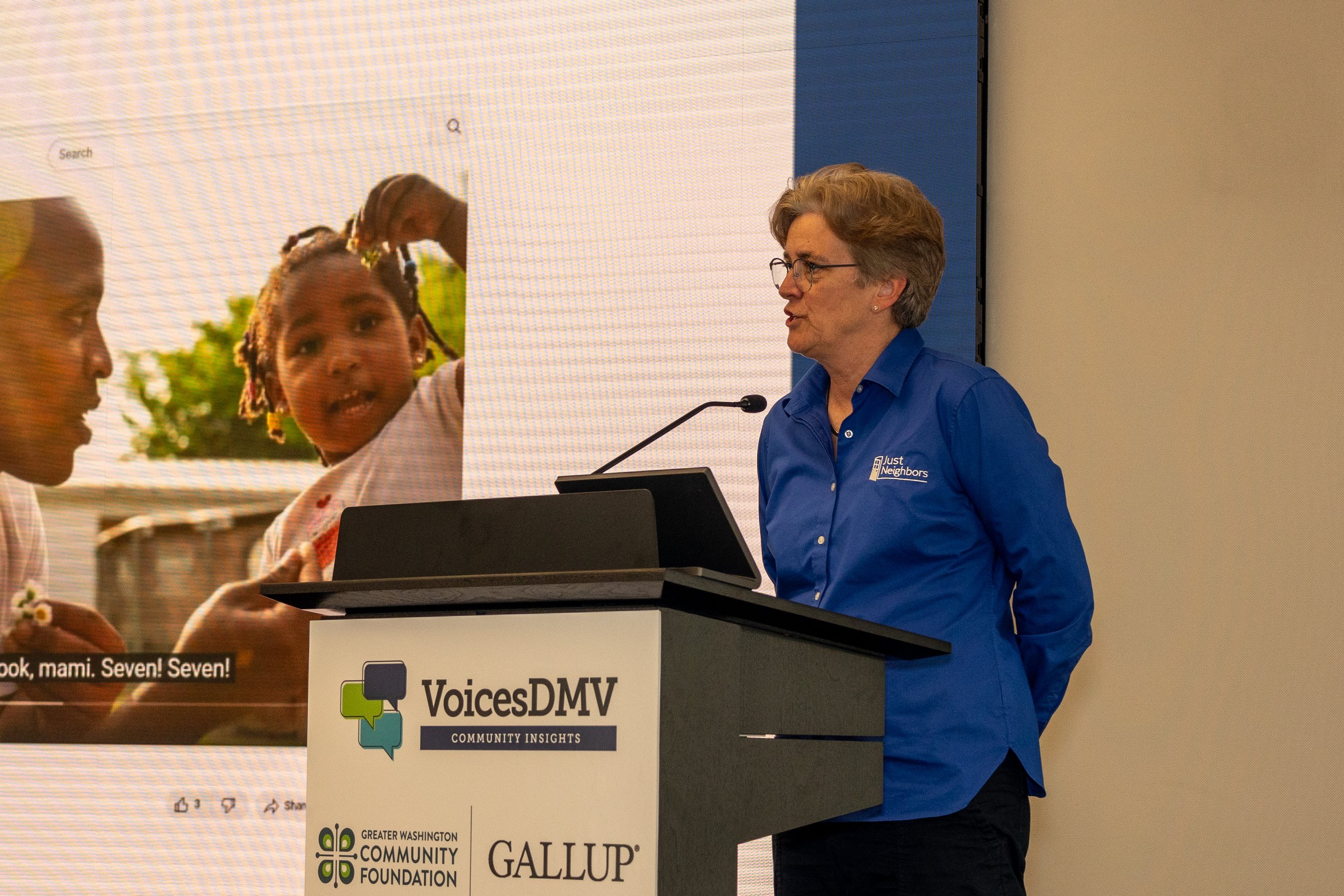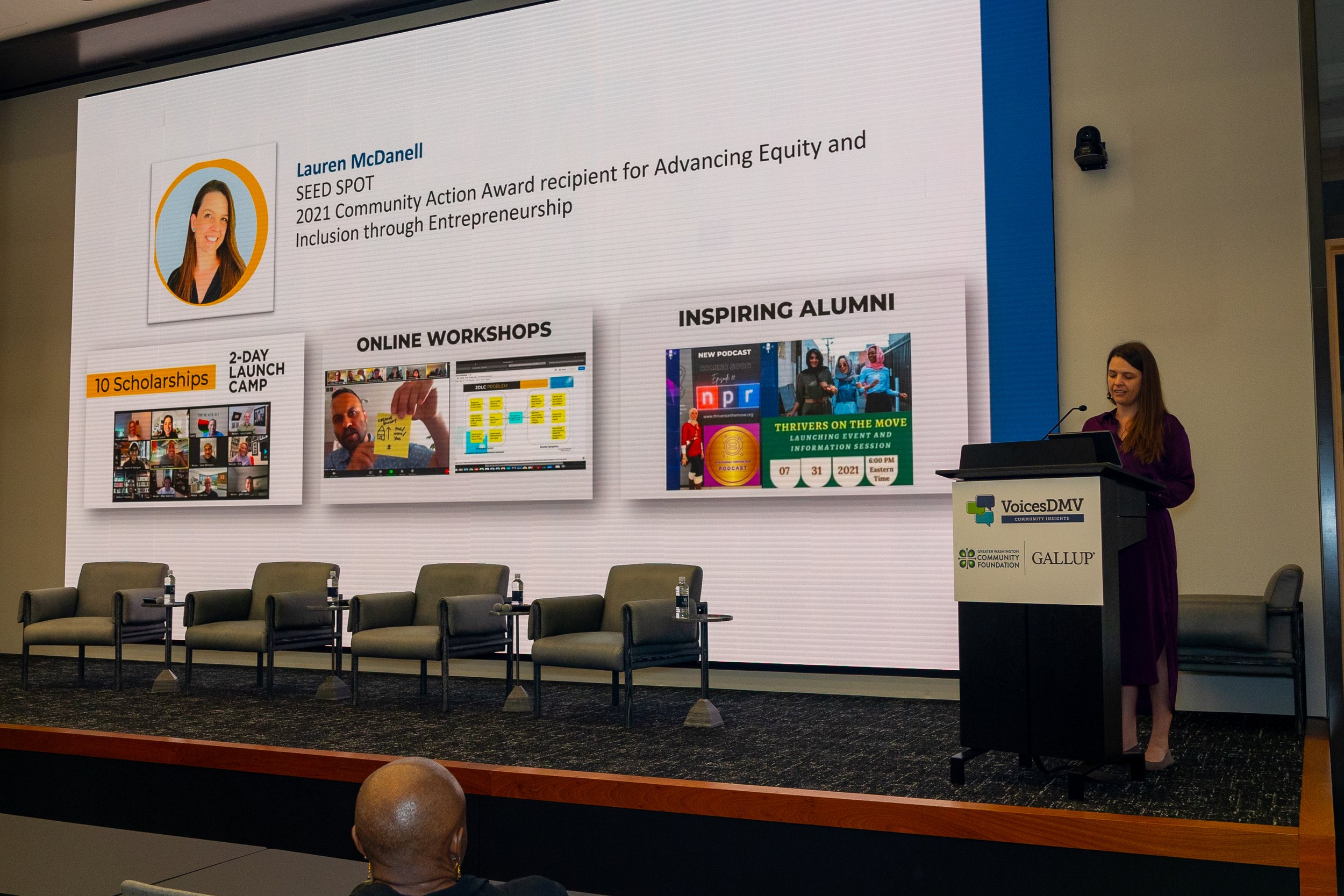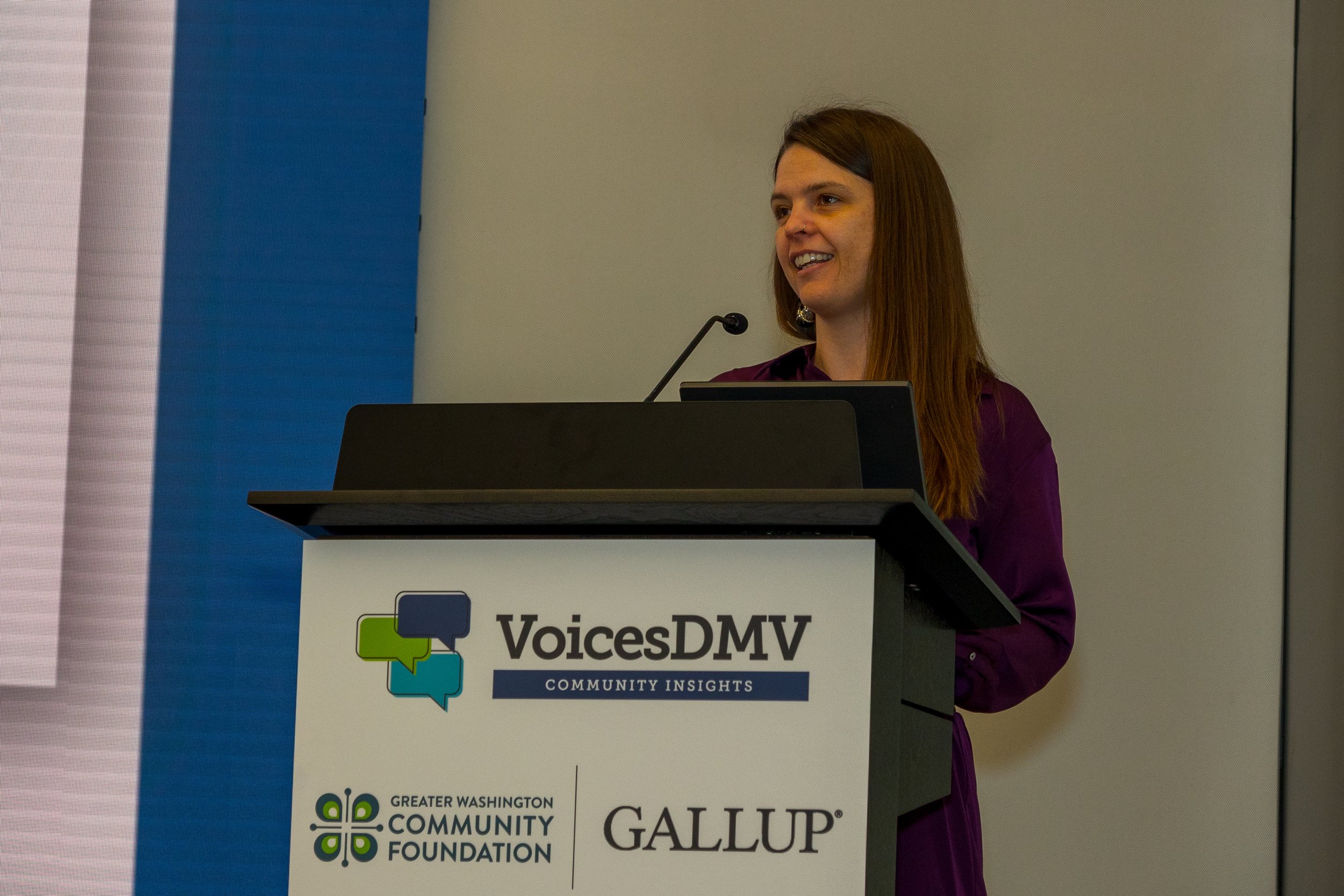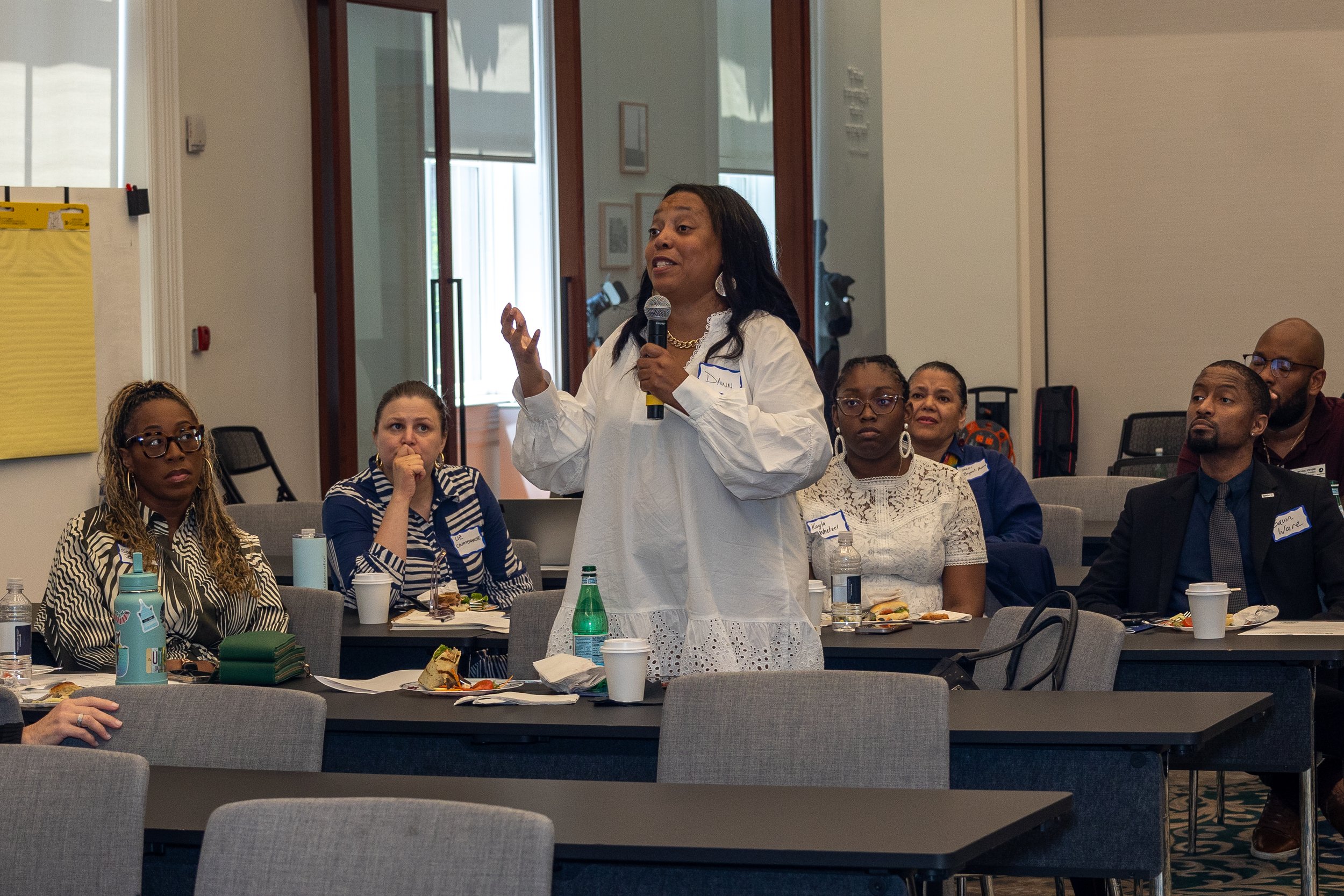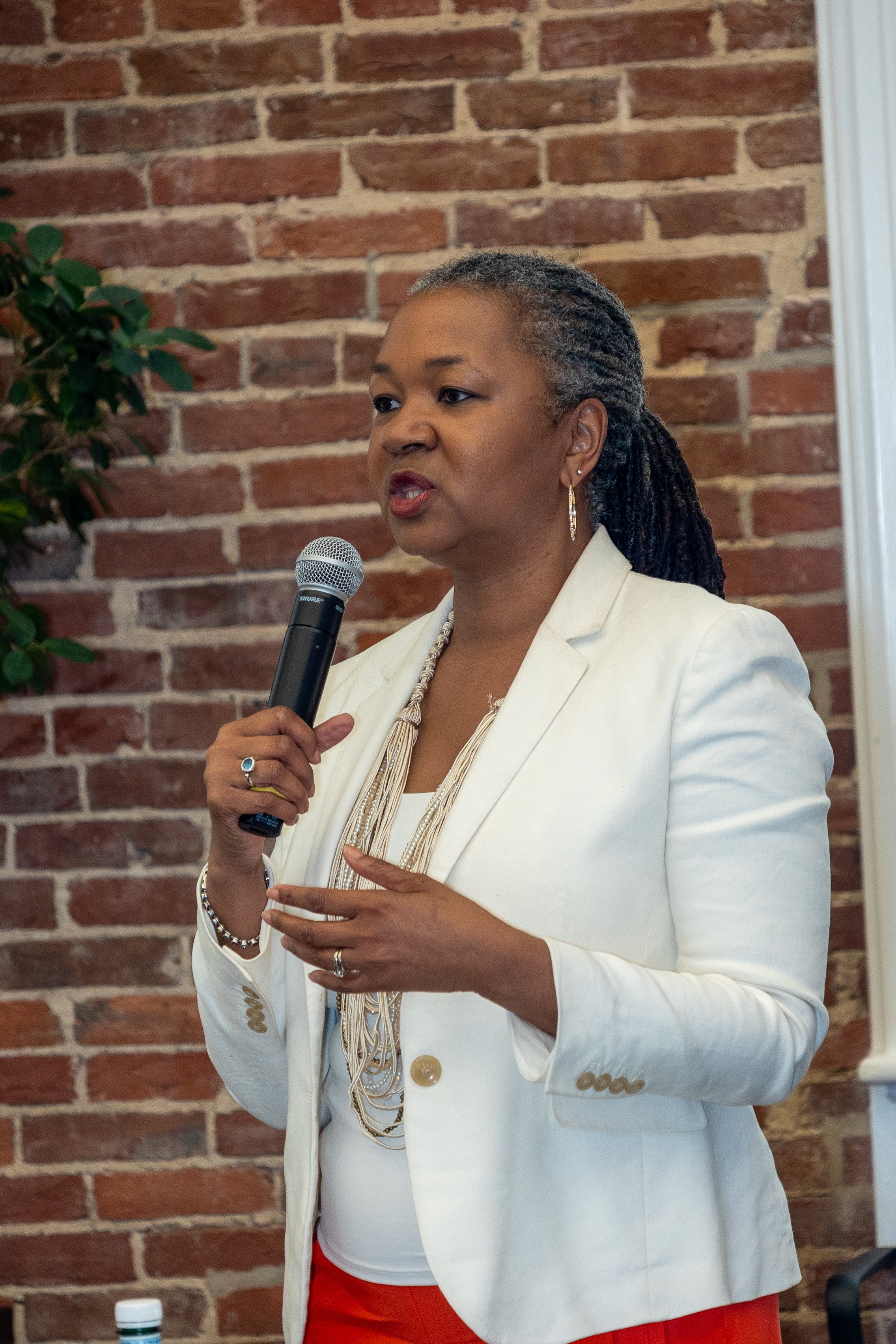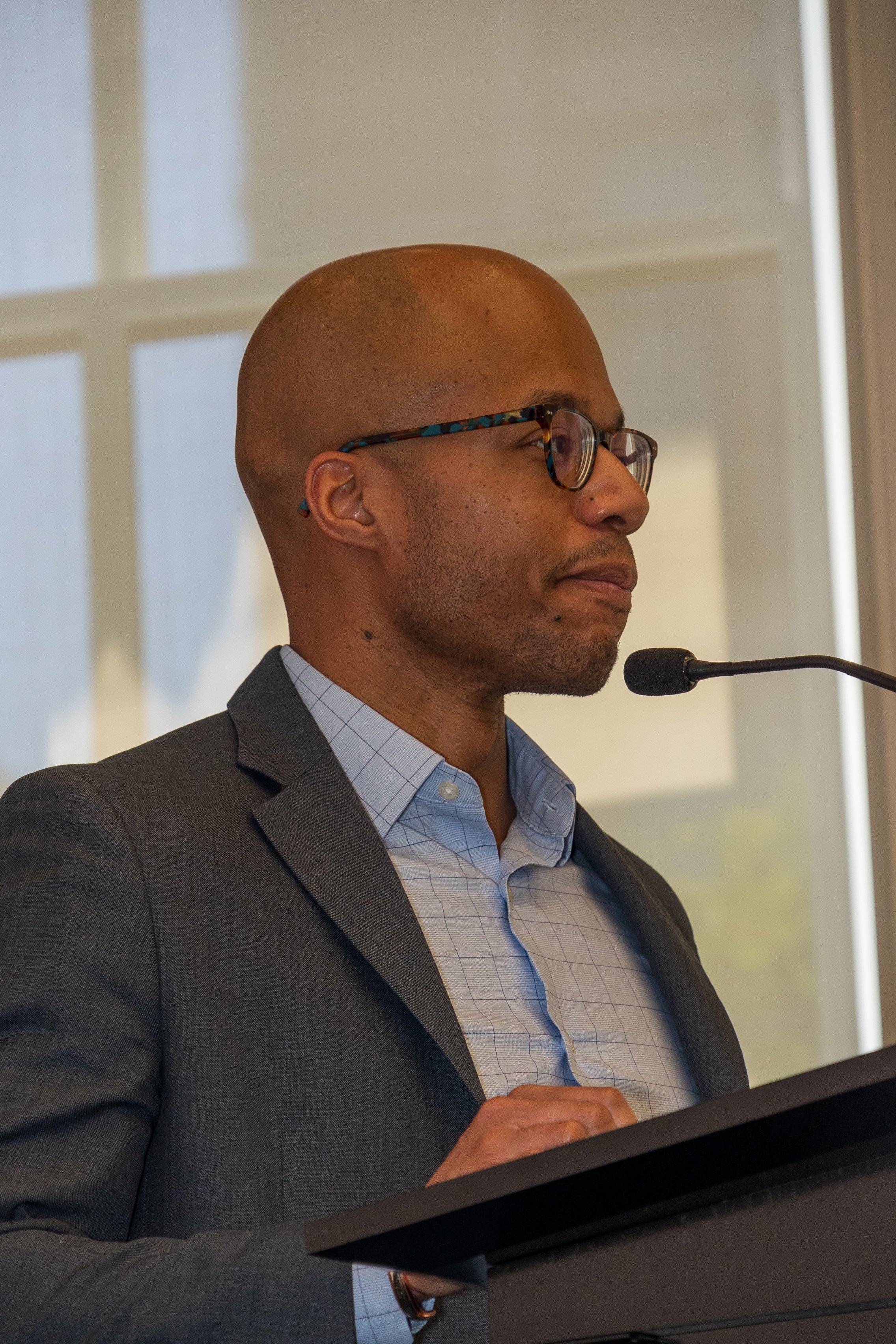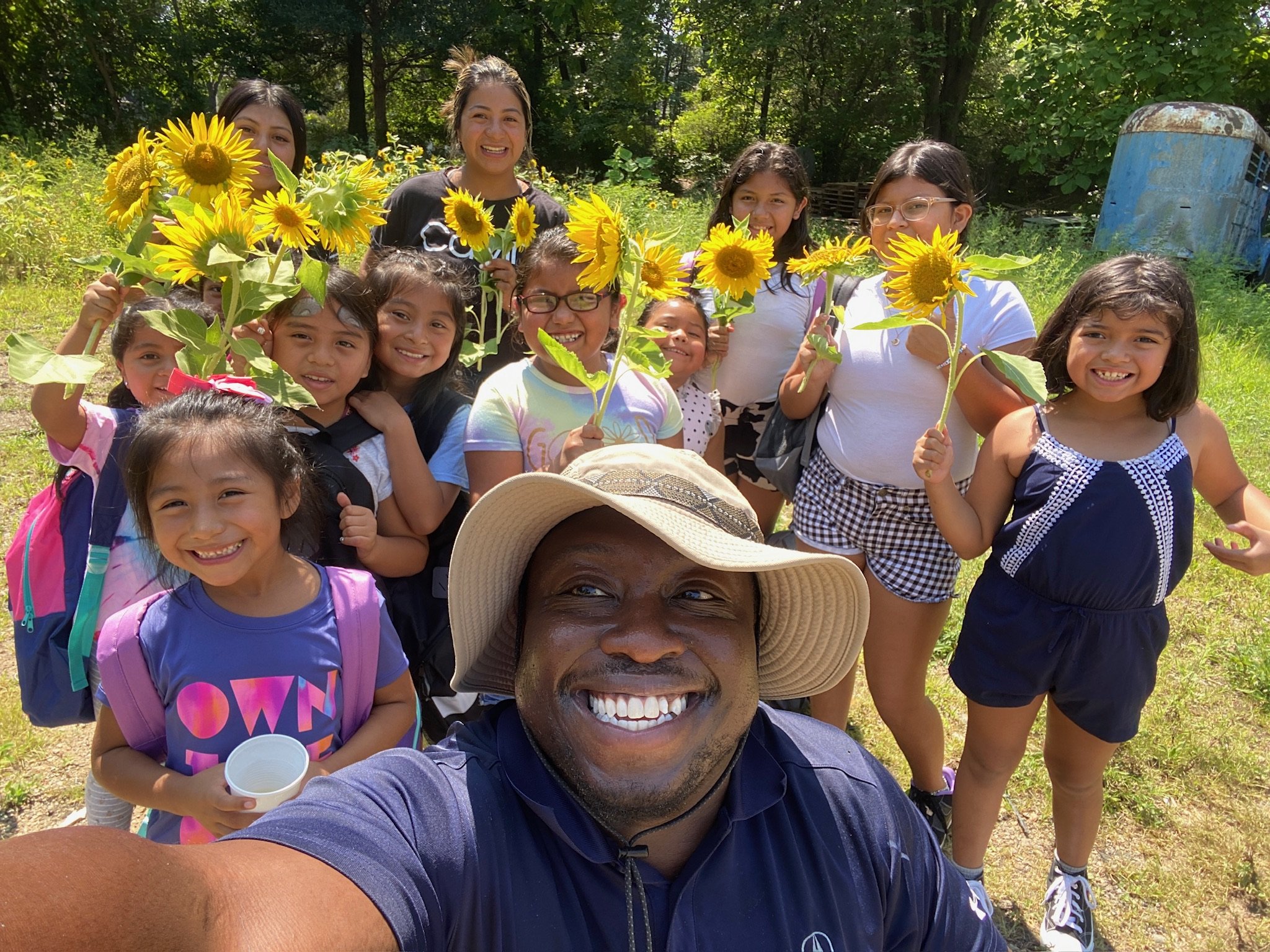The Community Foundation is excited to welcome a number of new faces and exciting changes within our Community Foundation family these past few months!
The Community Foundation Board of Trustees
The Community Foundation is excited to welcome the following individuals as new members of our Board of Trustees:
David Ford, Independent Advisor
David Ford is an independent business and legal advisor to, as well as an investor in, the seniors-housing industry, commercial real-estate ventures and start-up enterprises. He is a principal investor in (and former Vice Chairman of) a leading developer and operator of seniors-housing communities in California, Nevada and Washington.
David previously served as the COO and General Counsel of a government contracting firm that provided IT consulting services to defense and other federal agencies. For the first two decades of his professional life, he was an attorney in private practice in Washington, D.C., where he specialized in mergers and acquisitions in the healthcare, technology and government-contracting industries.
Dr. Monica Goldson, President & CEO, Junior Achievement of Greater Washington
Dr. Monica Goldson is the first black woman to lead a nonprofit organization that implements equitable, rigorous, scaled and sequenced future-readiness curricula and experiences for school systems to bring unique programming to every student from middle school through high school focused on financial literacy. Junior Achievement of Greater Washington engages global, national and local business leaders in meaningful and authentic interactions with students. We recruit and train thousands of volunteer mentors from our community to provide consistent guidance, insights and support for over 40,000 students in the region every year.
Prior to taking on this role, Dr. Goldson retired from Prince George’s County Public Schools (PGCPS) as the Chief Executive Officer after 32 years of service. She began her career as a high school mathematics teacher with plans to become an actuary. Within her first few weeks on the job, she realized that education was her true calling. She steadily moved up the administrative ranks, serving in such roles as principal, associate superintendent, deputy superintendent and chief operating officer, just to name a few, prior to her appointment as CEO. During her tenure, Dr. Goldson leveraged a full-scope alternative financing model to design, build, finance and maintain the internationally-recognized Blueprint Schools construction program to build six new middle schools in two years — the very first U.S. public school system to use a public-private partnership (P3) for construction. Using a traditional and non-traditional construction program model, Dr. Goldson ushered in 17 new schools that will be built in 5 years.
Dr. Goldson holds three degrees from HBCUs – a bachelor’s degree in mathematics from Florida A&M University, a master’s degree in Elementary and Secondary School Administration from Bowie State University, and a doctorate in Educational Administration and Policy from Howard University. She served on President Biden’s HBCU Advisory Panel and is currently the Vice President for the Maryland State Board of Education. Beyond the schoolhouse, Dr. Goldson is the recipient of numerous awards and honors.
Jeff Hamond, Vice President, Van Scoyoc Associates
In 2011, Jeff Hamond recognized something few others did – that philanthropic organizations were not doing enough to tell their story in Washington. He felt so strongly about this, he left a senior economic policy position on Capitol Hill to develop and lead Van Scoyoc Associate’s Philanthropy Practice – the only one of its kind.
Today, as the field of philanthropy evolves quickly – with private foundations growing in policy influence, and also living donors, mission/impact investing, and social entrepreneurs playing an expanded role – Jeff is one of sector’s fiercest advocates. He understands the enormously important role philanthropy and not-for-profits have in American society and culture, and helps these organizations highlight their work for policymakers. As a Vice President at VSA, Jeff works directly with private and community foundations, and others in the philanthropic space, to share the good work they are doing in local communities, as well as educate lawmakers about the consequences of adverse policy decisions.
Renee Licht
Renee is a retired federal government executive with nearly 30 years’ experience in legal and administrative positions at the Federal Communications Commission, an agency charged with overseeing the Nation’s communications systems. Since leaving government, she has been active in non-profit grant making in the greater Washington DC area.
At the FCC, Renee held a variety of positions including Deputy General Counsel, Deputy Chief of the Mass Media Bureau, Deputy Managing Director and senior advisor to several Chairmen and Commissioners.
Following her early retirement, Renee joined Giving Together, an area women’s giving circle supporting women and families in need. She co-chaired the Grants Committee, the Accelerator Subcommittee (a subgroup targeting grants to BIPOC-led and -serving local residents) and the Racial Equity Working Group. A long-time Giving Together Board member, in 2022 she became Co-President. During her two-year term, the giving circle experienced unprecedented growth.
Richard Newman
Richard handles real estate, finance, and tax matters for numerous cultural institutions (including The Phillips Collection, The Arena Stage, and The Shakespeare Theatre); public policy groups (including the World Wildlife Fund, the National Wildlife Federation, the Carnegie Endowment for International Peace, and the Planned Parenthood Federation of America); quasi-governmental entities (The Smithsonian Institution, The National Academies of Science, and the Institute for Defense Analyses); and other large and small nonprofit organizations.
Richard is a former general counsel to The Wolf Trap Foundation for the Performing Arts, The AIA Legacy Foundation, and Discovery Create Children’s Museum. He is a member of the board of The Arena Stage, The Washington Hebrew Congregation, and serves as general counsel to the Washington Housing Conservancy, a nonprofit workforce housing operator.
Richard was recognized as a leading real estate lawyer in Washington, DC by Chambers USA from 2006-present, and by The American Lawyer. He was recognized as a Leading Lawyer by The Legal 500 US (2019-2023). He has been selected by Super Lawyers magazine as a leading real estate lawyer since 2011. Richard was named a “top lawyer” in real estate by Washingtonian magazine’s biennial list and he is listed in The Best Lawyers in America. In 2023, he was recognized as “Lawyer of the Year” for Public Finance Law, Washington, DC by The Best Lawyers in America.
Montgomery County Advisory Board
The Community Foundation in Montgomery County is pleased to welcome the following individuals as the newest members of it’s Advisory Board:
Uma Ahluwalia
Uma S. Ahluwalia is a respected social services and public health services professional with extensive experience in the field. Prior to joining HMA, she had a 22-year public sector career in state and local government. For twelve years she served as director of the Montgomery County Department of Health and Human Services in Maryland where she led the implementation of the Affordable Care Act, oversaw the move to a more integrated and interoperable health and human services enterprise, and managed public-private partnerships and programs.
Uma’s work experience also includes executive leadership in Child Welfare as the interim director in the Child and Family Services Agency in Washington, DC, and assistant secretary of the Department of Social and Health Services in the State of Washington for the Children’s Administration.
Her HMA consulting practice spanning across states and counties around social services, public health and behavioral health has further refined her approach to integrating social services with public health and behavioral health to improve outcomes across the lifespan and reduce disparities based on differences across socio-economic conditions.
She has a master’s degree in social work from the University of Delhi in India and a specialist, post-master’s in health services administration from George Washington University.
Robert G. Brewer, Jr.
Robby is a retiring real estate attorney whose career has been spent at regional law firm, Lerch, Early & Brewer in Bethesda, which celebrated its 75th anniversary in 2025. He represented regional developers and institutional owners through the critical phases of planning, developing, expanding, buying and selling real estate in Montgomery County and surrounding jurisdictions. He frequently served as his law firm’s board chair and managing partner.
He has been an active leader in many of the area’s most prominent civic, community, and cultural organizations, including the Montgomery County Economic Development Corporation, the Music Center at Strathmore, KID Museum, Imagination Stage, the Greater Bethesda Chamber of Commerce, and the Bethesda Urban Partnership. Since 2018, he has served as operating president of Miracle League of Montgomery County, which sponsors baseball programs at the Washington Nationals Miracle Field in Germantown for kids with intellectual and physical disabilities. He is an active volunteer at Nourishing Bethesda.
Robby has received recognition and awards from a variety of professional and community groups, including the Montgomery County Business Hall of Fame, Rebuilding Together, Montgomery County Housing Opportunities Commission, Washington Adventist Hospital, Boy Scouts of American and Chambers, USA. He received his undergraduate degree from Hamilton College, and his law degree from the University of Maryland.
Jennifer Farkas
Jennifer Farkas is the Publisher of Bethesda Magazine and Bethesda Today, where she is responsible for the overall success of the organization, overseeing all aspects from content creation to distribution, revenue and marketing. Her leadership ensures that both publications continue to serve as trusted sources of news, lifestyle content and community engagement in Montgomery County.
Jennifer started with the organization as associate art director in 2007 under the guidance of co-founders Steve and Susan Hull. Her creative background, dedication to high-quality storytelling and passion for business development helped her rise through the ranks, ultimately taking the helm as Publisher in 2024.
Jennifer serves on the advisory board of her children's school, contributing to the advancement of educational initiatives, and is a board member of the Greater Bethesda Chamber of Commerce, where she advocates for local businesses and community development.
A lifelong resident of Montgomery County, Jennifer brings a personal passion for community building to her work and is committed to uplifting and celebrating the region she has always called home. Jennifer lives in Kensington with her husband and their two children, where they enjoy being active members of the community.
Bill Keating
Bill Keating is the owner of SaniJohn Services and Rapid Service Group, a FedEx contracted service provider. His companies provide transportation services to a variety of municipal and commercial customers in the construction, hospitality and waste industries. Prior to December 2016, Bill was the President and COO of Bowie’s Inc., a DC-based waste collection firm that was sold to Envirosolutions Inc. Early in his career Bill worked as a Vice President at AmeriChoice Healthcare and with the First Boston Corporation and the Blackstone Group.
Bill currently serves as a member of the RLJ Private Equity Executive Network, a $250 million private equity firm based in Bethesda, MD. He is a graduate of Dartmouth College and earned his MBA from the Harvard Graduate School of Business Administration.
Kirsten Quigley
Kirsten is the Founder and CEO of Lunchskins, a mission-driven, women-owned B Corp that creates innovative sustainable consumer products. A lifelong environmentalist, she expertly merged her conservation background with business acumen to address the growing plastic waste crisis through thoughtfully designed eco-friendly alternatives. She received a B.A. in Human Biology from Stanford University, with a special focus on International Health and the Environment. Kirsten also serves on the Maryland/DC Chapter Board of Trustees of the Nature Conservancy.
She resides in Potomac, MD with her husband and two Labrador retrievers, and enjoys visiting her adult children in California, Vermont, and Massachusetts. When not leading her company's sustainability initiatives, Kirsten can be found gardening, cooking, skiing and hiking mountains out west, or exploring the woodland trails near her home.
Linda Caro Reinisch
Linda Caro Reinisch is an artist, musician and retired nonprofit executive with a lifelong commitment to the arts and education. She has helmed a range of organizations in the arts including Woolly Mammoth Theatre Company (Co-founder), Liz Lerman Dance Exchange and Zenith Community Arts Foundation. Her board service includes the Washington Waldorf School, the League of Washington Theatres, and the Kevin Rohan Memorial Eco Foundation in Nepal.
Since retiring, Linda has remained deeply engaged in civic life, organizing local teach-ins to empower citizens on local and state issues. She spends much of her time making art, painting, drawing and working with fiber. As a classically trained singer Linda has performed, recorded and toured with numerous concert choirs, small ensembles and rock bands. Inspired by the bold vision and the creative, compassionate minds at the Greater Washington Community Foundation, Linda currently serves as a member of Sharing Montgomery and the DIVAs (Donors InVesting in the Arts) giving circle.
The Community Foundation Staff
Leslie Jefferson, Program Officer
Leslie joined the Greater Washington Community Foundation in March 2025 as a Program Officer with the Community Investment team. Leslie works closely on general community engagement initiatives such as Opportunity Accounts and VoicesDMV. Leslie was formerly a Development Officer with The Brookings Institution, frontline fundraising for research initiatives such as the Latino Wealth Initiative. Leslie previously served as the Sponsored Research Grants Manager for the Mathematics, Physical Sciences, and Environmental Justice departments at Georgetown University. Prior to that, she served just under 12 years at The SEED School of Maryland in several capacities including Senior Federal Grants and Community Engagement Manager and Family and Community Engagement Coordinator.
Leslie currently serves as an adjunct professor in the University of Maryland’s School of Public Policy and leads grassroots consulting with The Black Mill. She is a doctoral student in Indiana University’s Lilly Family School of Philanthropy, focusing her research on better representation in U.S. philanthropy. She also proudly serves as Co-Chair on the Board of the Young Nonprofit Professionals Network.
Leslie resides in D.C. with her two children and believes wholeheartedly that, “To whom much is given, much is required”.
Benton Murphy, Senior Director, Advisory Services & Fund Administration
The Community Foundation is excited to share that Ben is being promoted to Senior Director of Advisory Services & Fund Administration. Ben provides overall fund administration and impact measurement functions and supports the overall business operations of the organization. Ben has more than 20 years of experience in the nonprofit and philanthropic sectors. We are excited to continue to benefit from his expertise.
Jennifer Olney, Program Director, Partnership to End Homelessness
We’re excited to share that Jennifer has been promoted to Program Director of the Partnership to End Homelessness. Jennifer joined the Greater Washington Community Foundation in November 2019 and quickly became an integral part of The Community Foundation’s approach to end homelessness in DC. As the Program Director for the Partnership to End Homelessness, Jennifer brings together the public and private sectors to advance effective and innovative solutions to ensure homelessness is rare, brief, and non-recurring in DC. We are grateful for her leadership and dedication as she continues to coordinate this critical work for our region.
Rachel Crawford, Controller
We’re also excited to share that Rachel Crawford will be assuming a new role as Controller for The Community Foundation. As Controller, Rachel has primary responsibility for the investment functions for the Foundation, which includes monitoring, implementing and maintaining appropriate internal controls for the organization; as well as leads the annual audit.
Kirby Gaherty, Senior Felllow, Community Safety & Harm Reduction
The Community Foundation would like to congratulate Kirby Gaherty who recently accepted an exciting new position with Cities United - a national network dedicated to reducing homicides and shootings among Black men and boys.
Over the past year, Kirby has done incredible work to accelerate the community safety ecosystem in DC by convening with strategic partners across business, philanthropy, nonprofits, and local government.
We are so grateful for everything that she has done on behalf of our organization and the larger DC community and wish her all the best in this exciting next chapter of her career!
National Pet Appreciation Week
Finally, did you know that June 1-7 was National Pet Appreciation Week? Our team celebrated by sharing pictures of some of our furry family members.
From our family to yours, we hope you have a wonderful summer!
















